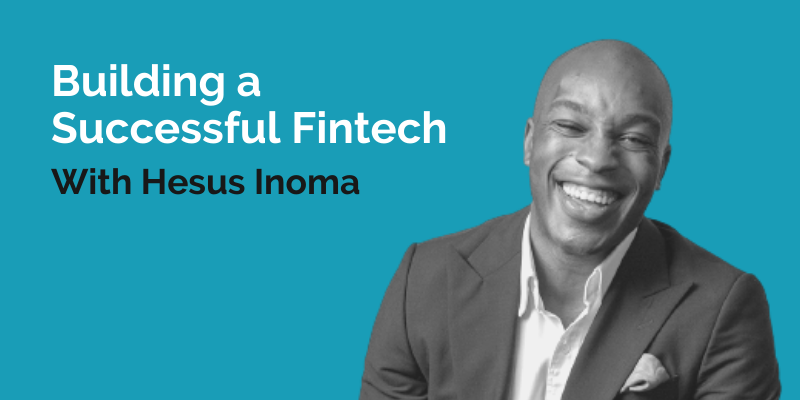In our fourth podcast episode in series 1 of “Conversations With Coopman”, Hesus Inoma, Lead of the Digital and FinTech service offering at Grant Thornton Ireland, joins co-hosts Andrew Murphy and Mark Fallon to discuss what makes a successful fintech.
Hesus joined Grant Thornton in 2019, having previously worked in a number of large financial services firms before exiting his own award-winning international fintech business. Hesus has deep expertise in financial business model and product development and is an experienced financial advisory professional with over 12 years’ experience in the domestic and cross-border insurance, banking and asset management industries.
In this episode, Hesus discusses the business models and approaches of successful fintechs, and breaks down companies like Revolut and Lemonade, as well as providing a glimpse into the IFSC of the future.
Key takeaways from the conversation include:
1) REVOLUT’S BUSINESS MODEL – IS IT SUSTAINABLE?
When building a fintech strategy, there are key areas to take into consideration which include distribution and capacity, and being as close to the customer as possible. The Business to Business (B2B) model, in its essence, means that companies want to get closer to the customer and own the value chain. Revolut instead opted for the Business to Consumer (B2C) and focused on gaining market share.
With this model focusing on acquiring and not looking at viability, the question has to be asked – is it sustainable in the long term? Revolut now has over 1 million customers in Ireland, which is roughly 25% of the market, acquired through discounting its service offering.
Revolut looked at where they could enter the market, assessed a pain point and offered a simple value proposition to its customers. They discounted FX fees, got the customer on board, and then gave them an incredible customer experience. This raised the expectations of the consumer in Ireland and generated more business for Revolut. Whilst this model was unprofitable at the start, it allowed the company to develop more services and raise further capital which in turn generated profitability.
This is not a new model as evident with Tesla, who trialled their technology and design with high net worth individuals, allowing them to refine further and develop their manufacturing before going to market with a lower cost product aimed at the wider consumer population.
2) FRAMING SUCCESS FOR FINTECHS
First, fintechs have to look at gaining meaningful market share which will cause disruption to the local business incumbents. By gaining this market share, it will enable the fintech to showcase its market fit and validates its product offering.
Second, regulatory compliance excellence has to be very much at the forefront of the agenda, as consumer protection is key. Building customer acquisition in tandem with focusing on regulatory compliance will give the fintech every opportunity for success. So, when building a fintech, one key piece of advice is to look to hire a Chief Compliance Officer as one of the first strategic hires.
Most fintechs first hire a Chief Technology Officer, but to have a strategic board and to embed the right culture, a CCO is critical and will allow the business to gain market share with less headaches or troubles with the regulator.
3) LEMONADE’S INSURTECH SUCCESS STORY – WILL THERE BE OTHERS?
The emergence of insurtech is a natural cluster. 1 in 4 dollars is spent on insurance companies, so venture capital money is flowing to insurtech. This has resulted in more innovation happening in this space which will mean more success stories.
Insurance is about trust, however the common feeling in the industry is that consumers do not trust insurers. The insurance model, it can be argued, is flawed. Naturally, when the consumer pays a premium, the insurer then pays a claim which is taken from their bottom line, however the ability to get a claim is not always straightforward. Insurtechs have focused their efforts on building (or re-building) this trust.
Looking at Lemonade and their recent IPO, the question has to be asked – why were they successful? Lemonade’s business model is built around gaining trust through an amazing customer experience. By building this trust, consumers share more data meaning the company can better price an underwriter reserve, enabling them to understand the risk better – in its essence, it is risk arbitrage where you price the risk and make a profit.
In a standard application form, there may be around 50 data points. Insurtechs, in some instances, are building an experience via an app which allows them to gain up to 1,000 data points throughout a customer’s journey. Even if 75% of this data is not useful, the remaining 25% is still 5x more data than the industry norm. This is the key to better understanding consumers, allowing companies to more accurately price their products.
4) THE IFSC IN TEN YEARS’ TIME
Ireland has a culture of compliance, stability and neutrality which can often be ingrained in fintechs who operate out of Ireland. Fostering innovation with incumbents to help Ireland be the gateway for Europe is essential and there are a number of opportunities for Ireland to build on this, especially in January with Brexit pending.
Ireland needs to decide what it wants to be known for, because at the moment, Ireland is not as strong as Israel in areas such as cyber or Estonia in open source structure. Data is one obvious angle as Ireland hosts a lot of data through its many centres and is seen as a reliable country in this space. If we push it more, Ireland then becomes appealing as a sustainable model.
The IFSC in 2030 and what it will look like really depends on the ability of Ireland to develop its technology expertise, foster innovation and push its data offering. If this is achieved, then the IFSC will attract fintechs across different sectors which will mean a very different footprint in the future.
5) IRELAND’S GLOBAL POSITION IN FINTECH
What a fintech wants will determine where it is launched. If raising capital and having hyper growth is desired, then America still leads the way. The UK has built an impressive fintech hub through Sandbox which was launched by the Financial Conduct Authority. To build a truly global fintech however, Europe is the best place to look as there is a diverse population between nations and good regulatory frameworks. The ideal scenario, if there was one, would be to raise capital in the US and launch in Europe, Ireland or Germany being two hubs for that.
TO WRAP UP
The success of a fintech is based on numerous factors that include obtaining market share, customer engagement and the use of data points, as seen by Revout’s successful business model. Data is now key in everything in financial services, and the focus is on getting the best results out of this data. Ireland has a unique opportunity to position itself as a leader in the data space, contributing to the continued attraction of the country as a fintech hub in an ever-growing, disruptive sector.
Listen to “Building a Successful Fintech With Hesus Inoma” on Spotify, Apple or Anchor now, or sign-up to receive the latest podcast episodes straight to your inbox.
If you are interested in taking part in the podcast series, send your details to connect@coopman.ie and we will be in contact soon.








